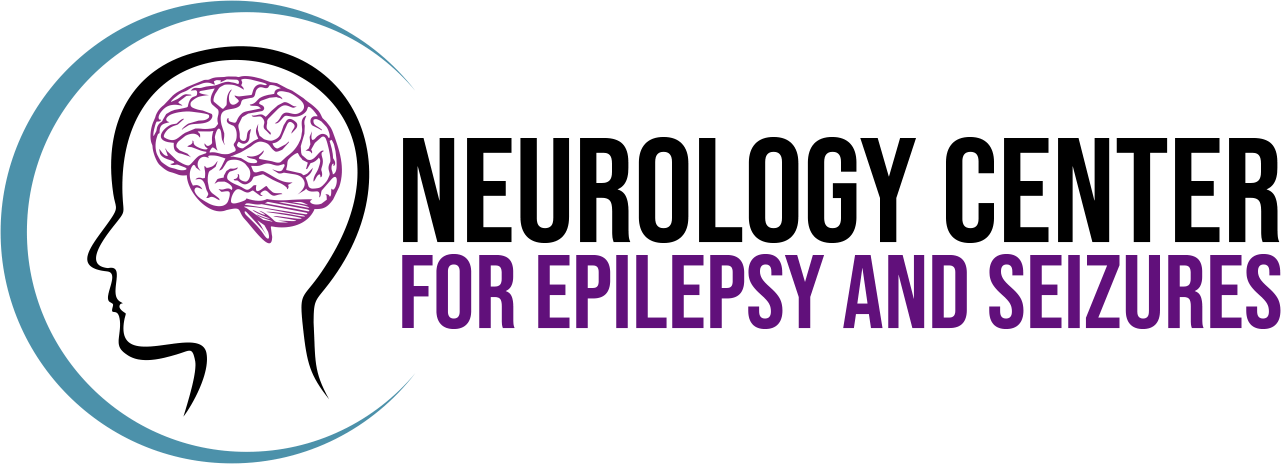At the Neurology Center for Epilepsy in Toms River, we understand the difference in lifestyles that must be accommodated. Our team of neurologists and epileptologists is committed to your ability to adapt to the changes that can come with new conditions.
Neurology Center For Epilepsy & Seizures
ClaimedAddress 479 County Rd. 520 Suite 101-B Building,, Marlboro Twp., NJ, United States 07746
Phone732-856-5999
Websiteneurocenternj.com
Neurology Center For Epilepsy & Seizures
ClaimedAddress 479 County Rd. 520 Suite 101-B Building,, Marlboro Twp., NJ, United States 07746
Phone732-856-5999
Websiteneurocenternj.com
Neurology Center For Epilepsy & Seizures
ClaimedAddress 479 County Rd. 520 Suite 101-B Building,, Marlboro Twp., NJ, United States 07746
Phone732-856-5999
Websiteneurocenternj.com

Social Links
Business location
 Founded 2018
Founded 2018
Questions and Answers
Q: When can i expect to get results of my testing?
All results of testing are usually conveyed during the follow up visit unless the results require urgent attention - then one of the clinical staff will contact you immediately once results are available.
-
- 10 months ago
Q: What should i expect from my office visits? what should i bring for a visit?
Every patient that is seen at NCES is unique and hence, we take a personalized and unique approach with each patient. Come in with an open mind without any preconceived expectations of what may or may not occur. Bring in your medication list, any prior medical records that may be related to your condition and our front desk staff will inform you of anything else to bring in for the first office visit.
-
- 11 months ago
Q: What are the side effects of the medications you prescribe?
Please contact us at (742)856-5999 to schedule a consultation. All medications are associated with potential side effects. The most common side effects for antiepileptic medications are lethargy (tiredness) however this mostly occurs during the first 6-8 weeks after starting a medication and tends to ease up after one's body gets used to the medication after some time.
-
- 10 months ago
Q: Do eeg tests hurt? What can i expect from my test?
EEG testing is noninvasive, does not hurt. As the EEG electrodes are hooked up, the EEG technologist will clean/scrub the areas of the scalp where electrodes are placed in order for there to be a good connection with the scalp. During a routine EEG, you will lie on a stretcher during which time your brain waves will be recording. Depending on your age and other medical conditions, you may be asked to do activation procedures - 2 minutes of photic stimulation (with eyes closed) and 3 minutes of hyperventilation. Activation procedures such as these sometimes bring out abnormalities on the EEG that otherwise will not be seen. An EEG (electroencephalogram) is merely a test to measure the electrical networking of one's brain. It is one of the key diagnostic tests used in order to diagnose and manage epileptic conditions.
-
- 10 months ago
Q: Am i going to lose my driving license if i am diagnosed with epilepsy?
If you have a CDL, federal law is very strict in that you are no longer allowed to use it and must be seizure free on an antiepileptic medication for 10 years before the CDL can be used again. If you have an epileptic condition where you have seizures that contribute to loss of awareness and/or loss of control of bodily functions, in the state of NJ the law is that you must not drive and must be seizure free ON ANTIEPILEPTIC drug therapy for at least 6 months before you can drive again. If you have an epileptic condition characterized by seizures without loss of awareness and/or loss of bodily function, you will be able to maintain driving privileges without restrictions.
-
- 10 months ago
Q: What if i cannot afford the medication or testing that is being recommended?
We participate with most major health insurance companies but do not participate with the NJ Medicaid program or any medicaid plans. All of the workups we performed are covered by the insurances that we accept however if patients have co-insurances, deductibles - these are considered "out of pocket" costs. For patient's who cannot afford testing - we refer them to programs such as "Care Credit" to help pay for the testing. Many antiepileptic medication manufacturers offer discounts and patient assistant programs to help pay for medications.
-
- 10 months ago
Q: I have been diagnosed with peripheral neuropathy. Do you treat for this?
No - we are primarily an epileptic -focused neurology practice. However, if one of our patients does have peripheral neuropathy in addition to a networking disorder of the brain (which is our focus), we do diagnose/evaluate/treat for this condition. We do not see patients with concerns of peripheral neuropathy alone, however. This evaluation should be done at a general neurology practice.
-
- 10 months ago
Q: What's the difference between "epilepsy" and "seizures"?
Epilepsy is a neural networking disorder of the brain characterized by patients having recurrent, unprovoked seizures. A seizure is a transient, neurological event associated with a sudden onset rhythmic storm of over excessive electrical activity involving a portion of the brain (focal seizure) or the whole brain (generalized seizure). 1 in 10 people will have a provoked seizure at some point in life - this does not meet the definition of epilepsy. Hope this helps!
-
- 11 months ago
Q: What happens if i don't take the anti-seizure medicine i was prescribed?
If you have an epileptic condition, non-compliance with medications can dramatically increase the risk for more epileptic seizures and when one has more seizures, there will be more brain damage; the brain will learn to go into seizures more efficiently and there is higher risk for death and long term problems with cognition (dementia) with an uncontrolled epileptic condition. Furthermore, uncontrolled epilepsy is highly associated with lack of employment and no driving.
-
- 11 months ago

